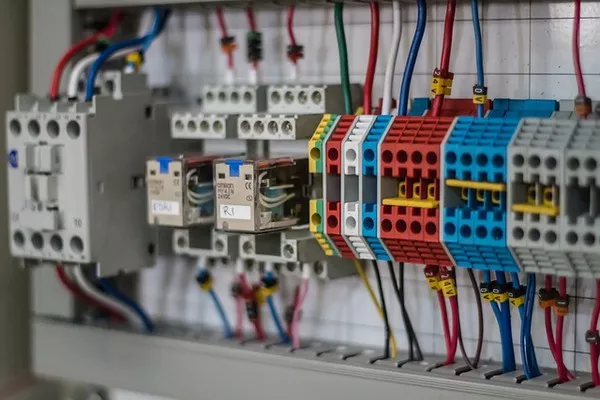Queen Mary University of London is spearheading a pioneering initiative in additive manufacturing (AM) with the DISTOPIA project. Funded by Innovate UK under the UK-EUREKA SMART advanced manufacturing programme, DISTOPIA aims to revolutionize aerospace manufacturing boundaries through the Operational Integration of Autonomy on Titanium.
This collaborative endeavor brings together industry leaders such as EPOCH, AMRC, ION Metal, Turkish Aerospace, and Authentise to unlock the full potential of plasma-direct energy deposition (p-DED) techniques. The project’s primary goal is to enhance AM efficiency and sustainability by leveraging p-DED’s exceptional speed and ability to create components with outstanding mechanical properties.
DISTOPIA represents a significant leap forward in AM technology. By seamlessly integrating advanced digital manufacturing methods with cutting-edge material science, the project disrupts the status quo, paving the way for a more sustainable and efficient future of repair techniques and remanufacturing of safety-critical components.
Dr. Chinnapat Panwisawas, a leading expert in materials and solid mechanics, leads Queen Mary’s pivotal role in the DISTOPIA project. Dr. Panwisawas highlights the project’s commitment to sustainability, emphasizing the team’s dedication to optimizing p-DED processes for various materials and applications.
The collaboration of partners like EPOCH, AMRC, ION Metal, Turkish Aerospace, and Authentise is crucial for DISTOPIA’s success. Their combined expertise ensures the development of a comprehensive, user-friendly p-DED solution that addresses the critical needs of diverse sectors beyond aerospace, including mining, chemical processing, and various engineering disciplines.
DISTOPIA’s impact extends beyond aerospace, envisioning a future where p-DED revolutionizes manufacturing, repair, and remanufacturing across multiple industries. Queen Mary University of London takes pride in leading this groundbreaking initiative, which not only advances technological capabilities but also promotes sustainable practices throughout the manufacturing landscape.
EUREKA, an intergovernmental network comprising 47 countries, plays a vital role in supporting international cooperation in innovation. Through EUREKA programmes, organizations and companies involved in projects like DISTOPIA can access funding and support from national and regional ministries or agencies, further facilitating international R&D collaboration.

